8 min read
Electric boilers vs oil boilers for off gas grid heating
If you live in a home that is off the gas grid, you’ll know that there are a wide range of options available to choose from to heat your home. There...
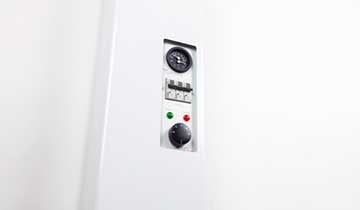
How we heat homes is changing and the journey towards reducing carbon emissions is driving it. Gas boilers will be banned from new build developments by 2025 and by 2035, all gas boilers installations will be phased out. Banning gas boilers is just one of the many strategies to reduce carbon emissions by changing the way we heat buildings in the UK.
In this article we cover one of the alternatives - electric boilers and if they really are a viable alternative to gas.
Electric boilers are popular for homes that are off grid with no access to mains gas. With the increase in oil prices and the push to reduce reliance on fossil fuels, electric boilers are becoming a much more realistic option for traditional homes in areas that would have relied on gas too. They can also be easily integrated into existing heating systems.
An electric boiler might be a suitable option to you if:
• You are off the gas grid
• You are looking for an alternative to an oil boiler
• You are eco-conscious and keen to reduce your carbon emissions
• Your home isn't suitable for a heat pump. A reason could be that you have limited outdoor space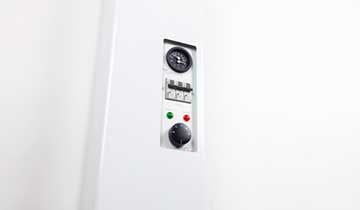
Electric boilers work similarly to gas boilers. Cold water is sourced from the mains water supply and electricity is used to pass electric current through heating element within the electric boiler to heat the water. When the cold water passes over the heating element, heat is transferred which results in hot water that can either be transferred around the house or stored for use later. However, the way in which an electric boiler works, and stores water can vary depending on the type of electric boiler you decide is right for you.
Not too dissimilar to gas boilers, there are various types of electric boilers to choose from. There are three common types which include electric combi boilers, heat-only and system boilers.
Electric combi boilers
Similar in appearance to a gas combi boiler, it’s a single unit that provides both hot water taps and for your central heating. An electric combi boiler heats water on demand which uses more power than the other two options we’ll cover next. One of the great things about an electric combi boiler is that they don’t require hot water storage cylinders which makes them a solid choice for homes which have less available space.
Electric heat-only boilers
Sometimes known as flow boilers, this type of electric boiler is best suited to larger properties that have a higher demand for hot water. Unlike electric combi boilers, heat-only boilers heat water and store it in a hot water tank for use when needed. The heated water is distributed throughout a home using motorised valves, pumps, and tanks. As well as a hot water tank, heat-only electric boilers also need a cold-water feed tank that gets filled up from the mains water supply which means using a heat-only electric boiler takes up more space in the home.
Electric system boilers
Imagine taking the external components like a pump from a heat-only boiler system, then including them in the body of the boiler, this is a system boiler. They also don’t take up as much space because they only need a hot water tank. You’ll find that system boilers can vary, with some not requiring a hot water cylinder because it is integrated within the boiler which is designed to fit snugly within an airing cupboard.
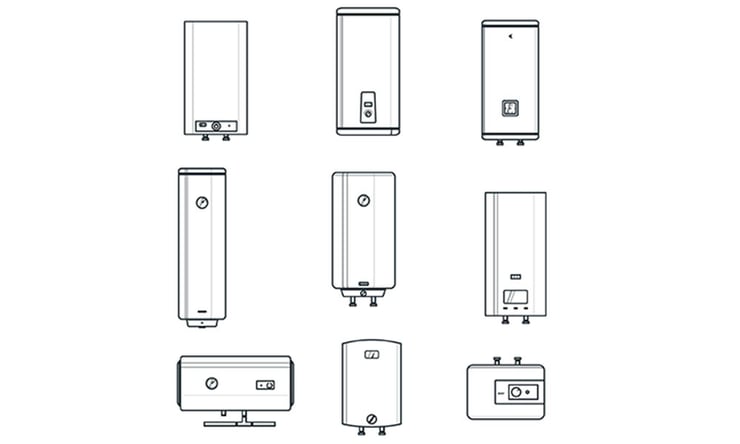
Almost 100% efficient!
Electric boilers provide heating and hot water much more efficiently than gas boilers. They use any combustion meaning no loses through flue gases, this means that ultimately, you’ll use less energy to meet your heating requirements.
Lower carbon emissions
Unlike gas boilers, electric boilers do not produce any carbon emissions, so they are great if you are looking to reduce your carbon footprint. It’s important to note that to make the electric heating system truly emission-free, the electricity used to power it must be 100% from renewable sources such as wind or solar.
Minimal maintenance
Ongoing maintenance costs is where gas boilers start to lose out. The average one-off annual boiler service can range between £80 – £120. But there are products such as HomePlan by Corgi which provide annual boiler and home emergency cover.
With electric boilers, you don’t need annual servicing or much maintenance.
No flue needed!
Electric boilers don’t produce any waste gas and therefore don’t need a flue which means that you have greater flexibility when it comes to installing one.
No risk of harmful gas leaks
Faulty gas boilers can produce carbon monoxide which is a highly poisonous gas – a silent killer. It’s one of the key reasons why you must get gas boilers serviced annually. There’s no risk of harmful gases coming from an electric boiler.
Compact & quiet
Electric boilers are generally more compact than their gas counterparts which helps to overcome any challenges when it comes to space. Also, because there are fewer moving parts, they operate quieter than gas alternatives which is great if they are installed in a room that is used often.
Compatibility with existing heating systems
Unsurprisingly electric boilers work with existing heating systems such as wet underfloor heating, traditional central heating and conventional room thermostats.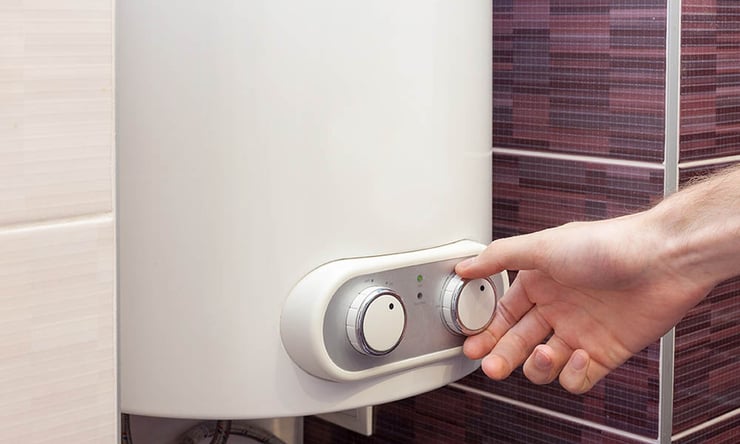
Running costs
There is no hiding the fact that the cost per kWh of electricity is more expensive than gas, however, the difference between gas and electricity prices could narrow over the long-term, but for now the reality is electricity is more expensive.
When considering an electric boiler as your heating source people often factor in installation of renewable sources of energy for example PV. This perfectly complements an electric heating system by reducing the running costs and has a very attractive return on investment.
Not suitable for all homes
Generally, correctly specified, electric boilers do not require the same output as the gas boilers they are replacing. However, in larger homes the size (kW) required can put too much demand on incoming electrical supply. Going forward of course, the Distribution Network Operator (DNO) will likely be providing larger electrical supplies to domestic properties as part of the drive to facilitate micro generation.
Warranty duration
When comparing the warranty of an electric boiler with a gas boiler, you’ll find that typically warranties for electric boilers only cover 2 or 3 years. It could be the case that there is more competition amongst gas boilers which could encourage manufacturers to offer greater incentives such as longer warranties.
For a heating only boiler, the general rule of thumb is to allow 1.5kW of boiler output per radiator. So, if you have 8 radiators you should install a 12kW boiler. But it’s important to remember that some radiators are going to be much larger than others and used at different times. So, it’s worth considering whether you need 1.5kW per radiator in your home.
For example, a small radiator or bathroom towel rail may only require 500W or less, so that is 1kW off your required boiler output straight away, and 1kW of electricity that you don’t need to spend money on.
If you are specifying a boiler to provide hot water for heating and showering, the popular school of thought is to add 3kW to the required output of the boiler. This is considered a ‘failsafe’ but is not really needed, even if you have an electric combi boiler. If you want to know why, we’ve covered it in detail in ‘Can you swap out a gas or oil boiler for an electric one?’.
If you are replacing an existing gas or oil boiler with electric, you may need a smaller boiler heat output. A heat loss calculation will help your installer decide what size electric boiler you need. If too big, your new electric boiler will place unnecessary demands on the electricity network, and you could see unexpected rises in your energy bills. If your electric boiler’s output is too low, it would potentially struggle to meet the heating and hot water demands of your home.
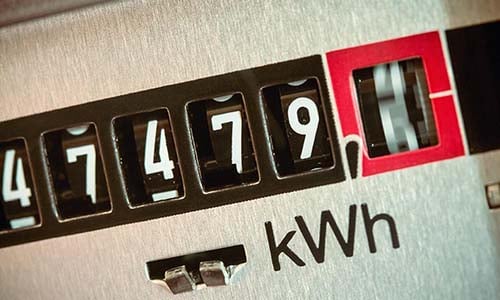
How much an electric boiler costs will vary depending on the manufacturer and the type. Lower output and smaller models will cost around £600 to just over £1,000. Whereas larger and more powerful electric boilers could cost up to £2,500.
Also consider the installation cost too. If you are simply replacing an existing electric boiler the cost will be significantly less than replacing a gas boiler system. Installation costs will vary from installer so it’s worth getting three quotes to compare and check that you are getting a fair price.
Electric boilers aren’t for everyone. However, they are a great option if you are off grid or you want a realistic alternative to gas. Whatever you decide to run with, we would always recommend getting a heat loss calculation, so you don’t over or under specify your heating system.
If you have any questions about electric boilers, please contact our team who are always on hand with helpful advice that can save you both time and money.
Complete this short form to receive a new electric boiler quote along with the right specification for your property.
To discuss electric boilers for larger projects, please call one of the team on 0800 019 5899.
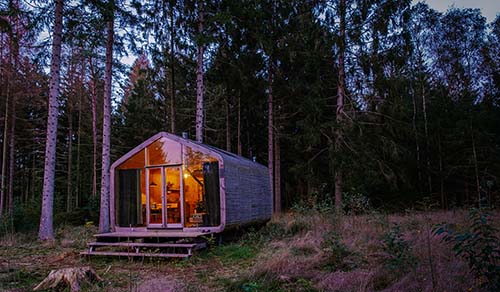
8 min read
If you live in a home that is off the gas grid, you’ll know that there are a wide range of options available to choose from to heat your home. There...
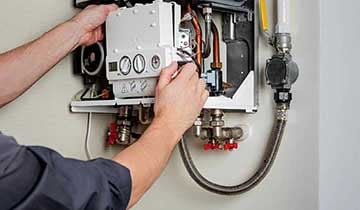
7 min read
Electric boilers have always been most popular in off grid areas with no mains gas, but with the increases in oil prices and the desire to reduce our...
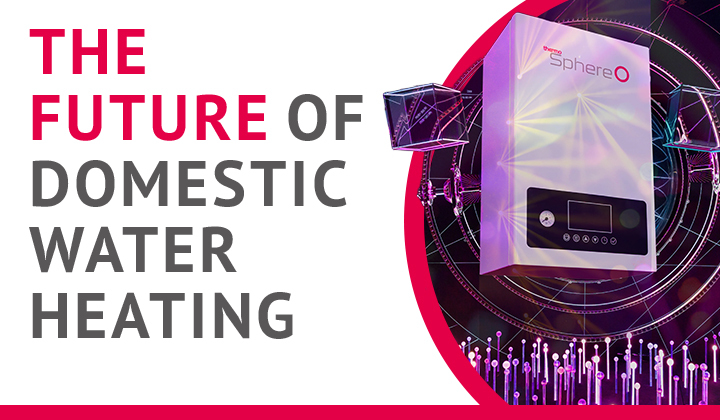
11 min read
For over a century, gas boilers have quietly powered homes across the UK, providing the warmth and hot water we often take for granted. But in 2025,...